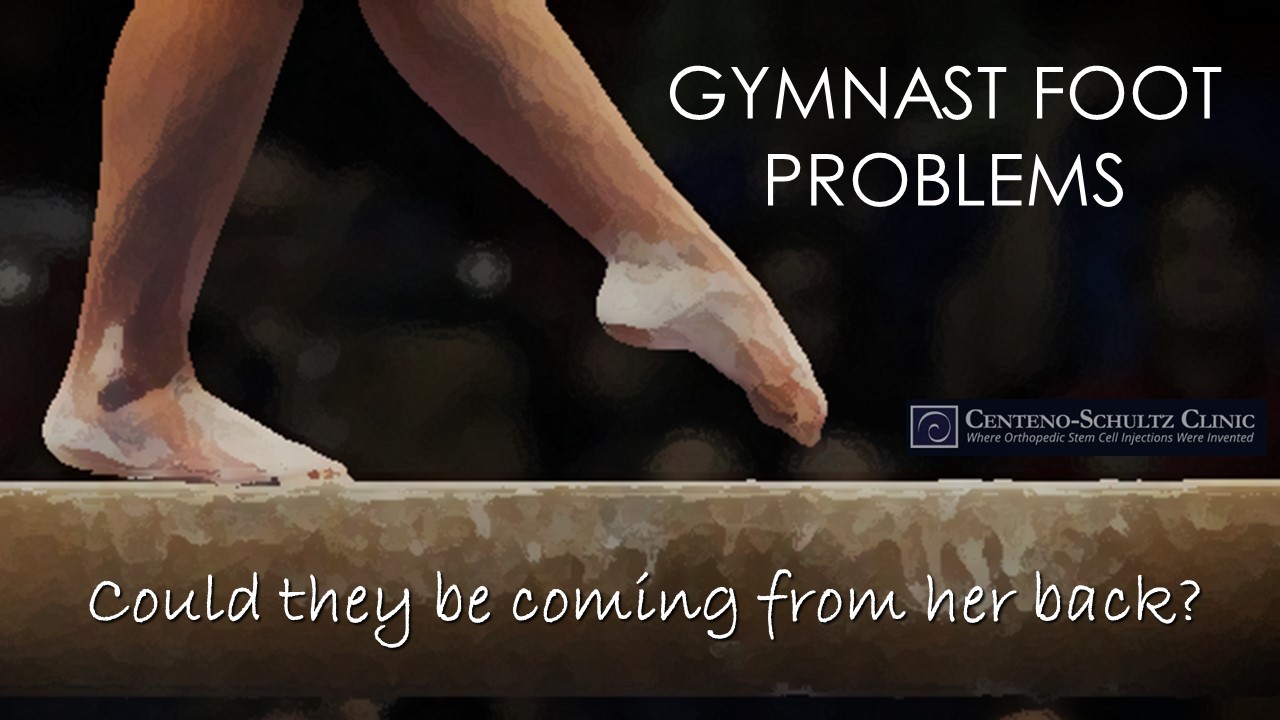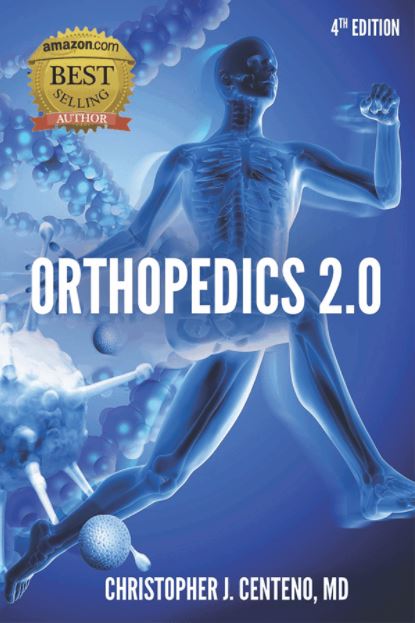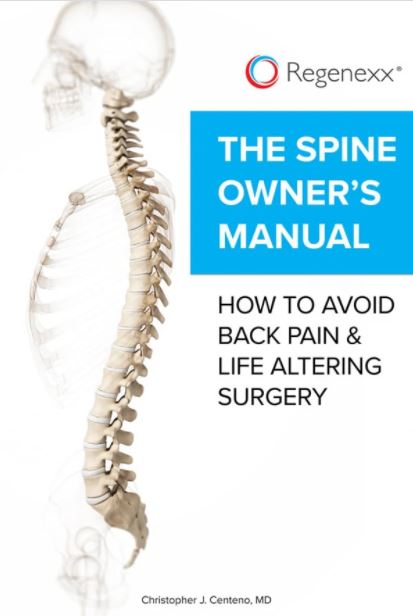The modern world of orthopedics consists of hyperspecialists who focus on treating injured athletes based on their individual broken and painful parts. So the knee doctor treats the athlete with knee pain, the foot and ankle doctor treats the athlete with foot pain, and the spine doctor treats the athlete with back pain. At the Centeno-Schultz Clinic, we focus on the whole athlete, not just the broken and painful parts. One example of this is a 12-year-old gymnast with foot pain. Previously, those hyperspecialists had treated her by honing in only on her toe and heel pain, and it didn’t address the real problem—her back!
How Could Foot Pain Be Caused by the Back?
This young gymnast was a patient of Dr. Schultz, who recognized that there were other causes besides her foot that should be considered as a possible explanation for her chronic and recurring foot pain. We see patients all the time who have been recommended for surgery for knee, hip, ankle, or foot pain, yet oftentimes, once we evaluate them, we discover their primary problem isn’t those structures but is actually an irritated nerve in their low back.
How can an irritated or pinched nerve in the low back present as pain all the way down in the foot? The nerves that go from the low back to the foot, when compressed, don’t necessarily cause pain in the back, but they often refer pain down the nerve branch and cause pain to occur in any part of the extremity that they supply—in Dr. Schultz’s patient’s case, the foot.
The Story of a Young Gymnast with Foot Pain
Dr. Schultz first evaluated Sarah in late 2015. She was a gymnast who suffered two injuries in 2014. One was an injury to the joint in left big toe, and the other was a stress fracture in the heel. Her injuries, including a more recent three-month history of pain in another toe joint, were immobilized via casts, but this had failed to help. In her case, she actually had also had low back pain for about six months.
Dr. Schultz performed a thorough exam and quickly realized that her L5 spinal nerve was contributing to her toe pain. She also had many other issues, including laxity in a ligament that stabilizes the toe joint (causing wear-and-tear issues that could eventually lead to arthritis), instability in her ankle joints, and injuries to the joints in her back. None of these issues had been discovered by the sports surgeon, who only focused on the foot pain.
Dr. Schultz Treats the Foot and Back Issues with PRP and Platelet Lysate
Dr. Schultz injected the patient’s own platelet-rich plasma (PRP) into her toe joint and ligaments. For the irritated L5 nerve, he injected the growth factors isolated from the patient’s platelets (platelet lysate) around the nerve. How did Sarah do? You can read an e-mail Dr. Schultz received from the patient’s father a few weeks after her treatment at this link, but in summary, after struggling with her feet for months, she was able to fully return to her gymnastic activities and competition preparations.
It’s important to note that an irritated nerve in the back will cause the leg muscles to weaken and remove their ability to protect ankle and foot, which we believe is why she continued to injure her foot and toes. After boots, casts, rehab, and months wasted in pain and with no results to show for it, we are so happy we were able to address this athlete’s issues and pain and get her back to the sport she loves!
Dr. Schultz was able diagnose what was causing this young gymnast’s foot pain not by focusing solely on the foot, but by focusing on the whole athlete. He was also able to use precise image-guided injections of her own platelets to help her body mend itself.


